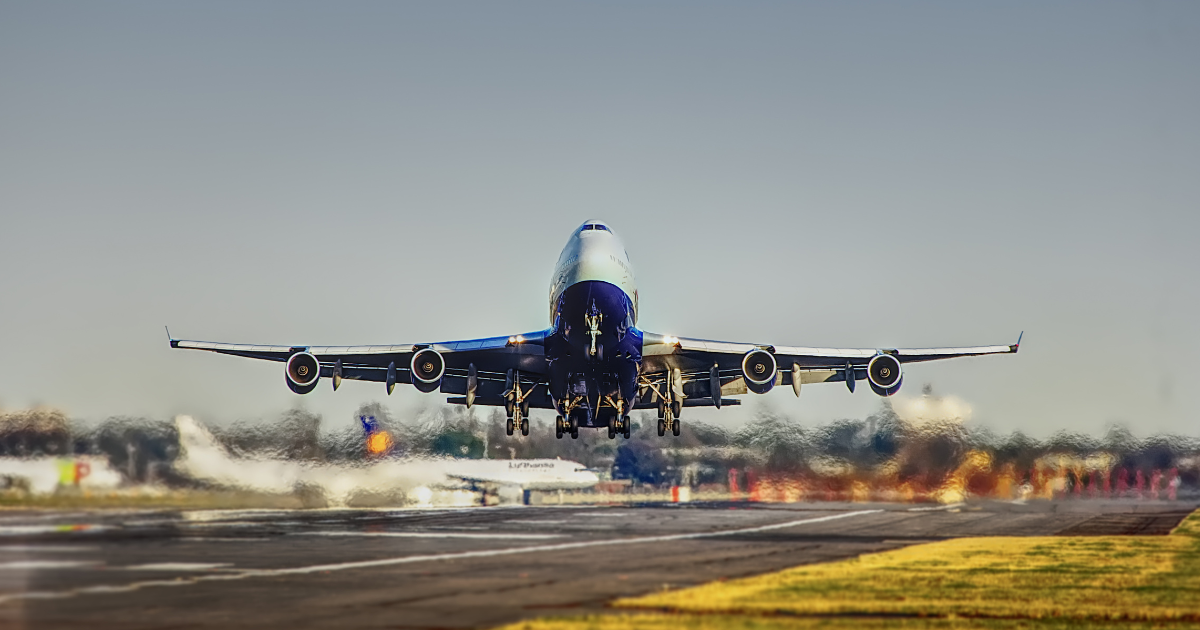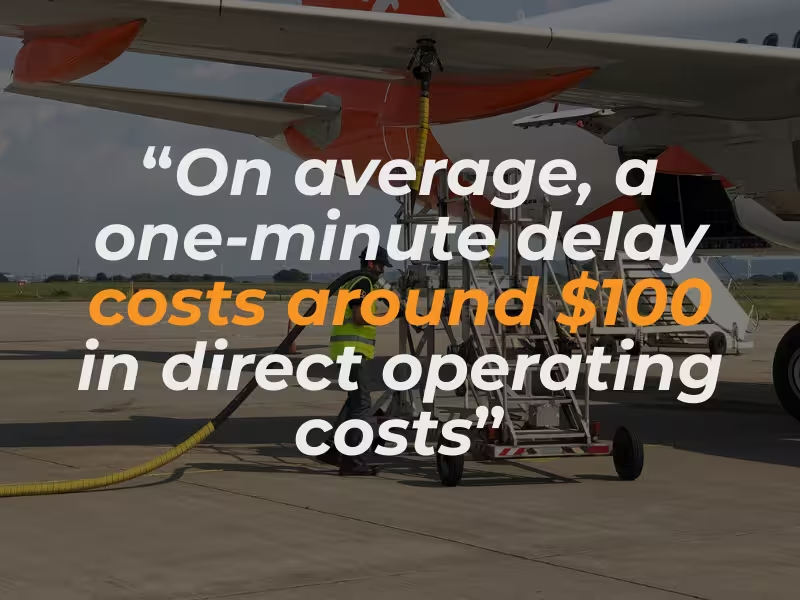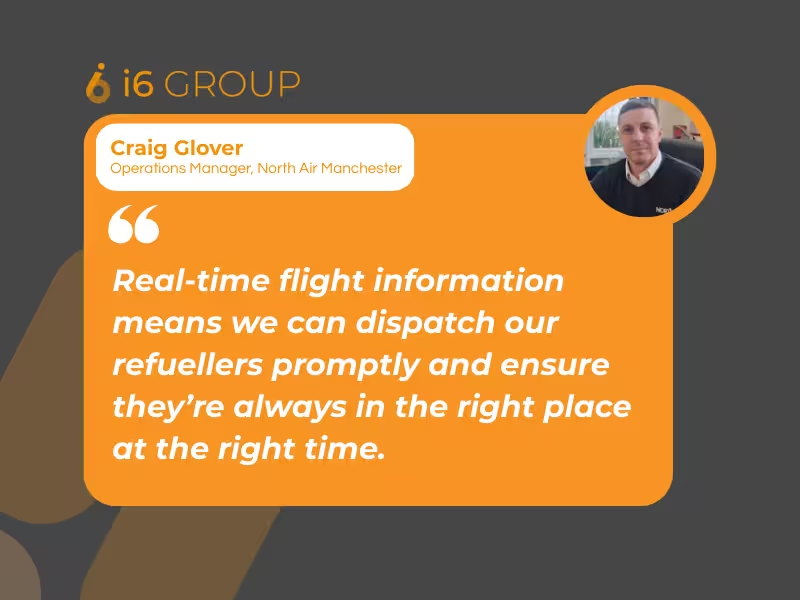
For into-plane providers, the pressure is constant: deliver fuel safely, accurately, and on time — every time.
Yet across the sector, many ground fueling operations still rely on paper tickets, verbal dispatching, and legacy systems. These processes slow down reconciliation, increase the risk of errors, and make it hard to respond when plans change in real time. The result? Airlines looking for operational efficiency are increasingly choosing partners who can keep pace with their own digital transformation.

Connecting every stakeholder
Airlines are linking their pilots, operations teams, and fueling partners through platforms that share live order status, uplift amounts, and any last-minute changes — all without phone calls or clipboard checks.
Cutting delays with real-time allocation
Instead of dispatching vehicles based on static schedules, dynamic task allocation uses live flight data to ensure the right vehicle is at the right stand, at the right time.
Reducing overfuelling and fuel waste
Accurate digital data capture means fewer discrepancies between target and actual uplift, which reduces excess weight, fuel burn, and carbon output. Based on i6 operational data, reducing overfuelling by just 65 kg per flight — a realistic figure achieved by airlines using our platform — adds up quickly. For an operation handling 200 flights per day, that is 13 tonnes of fuel saved daily, or 4,745 tonnes annually. These are direct, measurable savings that improve efficiency and help airlines meet sustainability targets without changing flight schedules or routes.
“Saving 65 kilos of fuel per flight adds up to nearly 4,745 tonnes a year for a 200-flights-per-day operation. At today’s Jet A-1 prices, that’s worth roughly $3.5 million annually — simply by delivering accurate uplifts. For an into-plane operation, that means stronger airline relationships, a proven sustainability impact, and a clear competitive edge.”
— Baktash Noori, Product Lead, i6 Group
When North Air’s Manchester operation moved from a legacy system to digital fuel management, the results were impressive:
Each minute of delay can cost an airline around $100. Cutting 92% of fueling delays is not just an operational win — it’s a direct boost to the bottom line.

Moving to a real-time fueling platform is not just an upgrade — it is a strategic move that can:
If you are considering the shift, look for solutions that:
In an industry where seconds can define success, the future belongs to those who can act in real time.